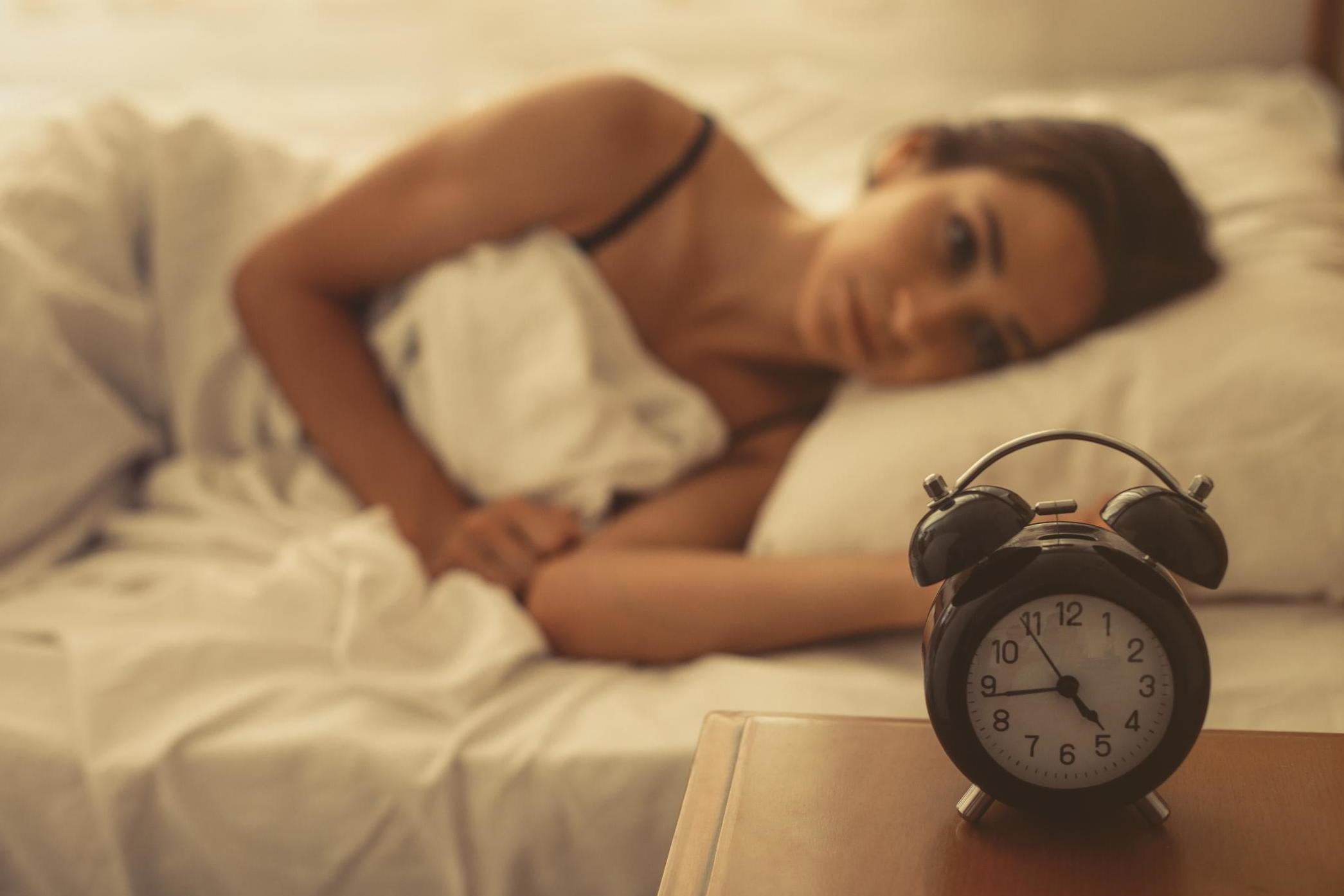Lack of sleep can ruin your social life, study claims
Sleep-deprived people are more likely to appear socially unattractive to others

Everyone knows that sleep is key to our physical and mental wellbeing, however, a new study claims that getting sufficient shut-eye is also fundamental for maintaining a thriving social life.
According to researchers at the University of California, Berkeley, sleep-deprived individuals can suffer from more than just under-eye bags and are more likely to feel lonelier and less inclined to interact with others than their well-rested pals.
The findings, published in the journal Nature, revealed that those who have not slept enough may also appear more socially unattractive to others, exacerbating existing feelings of social isolation.
The researchers conducted the study via a series of experiments using fMRI brain imaging, surveys, videotaped stimulations and standardised loneliness measures.
In the first experiment, they examined the brain scans of 18 healthy, young adults after both sleepless nights and well-rested ones.
Participants had their scans analysed while they watched video clips of strangers approaching them; when they felt someone had gotten too close, they could push a button to stop the video.
The study’s authors found that people experienced strong social repulsion activity in the brain during the experiment when they were sleep-deprived and reacted in a way that is akin to feeling like their personal space is being invaded or that they are in a potentially threatening situation.
In a subsequent experiment, the researchers found that the part of the brain which encourages social interaction was significantly stunted in those who were sleep-deprived.
In another part of the study, more than 1,000 people were recruited online via Amazon’s Mechanical Turk marketplace to watch clips of the participants talking to one another about commonplace activities.
They were asked to rate how lonely each of them appeared, unaware that some were sleep deprived.
Those who were in a sleep-deprived state ranked as lonelier and less socially desirable by the observers.

Researchers then set out to test whether these feelings of loneliness were contagious, and asked the observers to rate their own levels of social isolation after watching the 60-second clips.
As predicted, they found that the observers felt more alienated after viewing the videos, despite being otherwise healthy.
"We humans are a social species. Yet sleep deprivation can turn us into social lepers," says study senior author Matthew Walker, professor of psychology and neuroscience at Berkeley.
"The less sleep you get, the less you want to socially interact. In turn, other people perceive you as more socially repulsive, further increasing the grave social-isolation impact of sleep loss."
Walker added that this routine can develop into a “vicious cycle” which could create and worsen feelings of loneliness, something that is increasingly affecting both Americans and Brits.
Loneliness has been described as an “epidemic” in the UK, with 2.4 million adult British residents suffering from chronic loneliness.
In addition to alcohol and drug abuse, loneliness has been linked to eating disorders, depression and premature death.
"It's perhaps no coincidence that the past few decades have seen a marked increase in loneliness and an equally dramatic decrease in sleep duration," says lead author Eti Ben Simon, a postdoctoral fellow at Berkeley.
"Without sufficient sleep we become a social turn-off, and loneliness soon kicks in."
According to Walker, one reason why our physical and mental health is so adversely affected by sleep deprivation is because the body is not designed to biologically support the condition as it is for other ailments, such as starvation.
In the study, Walker and his team also found that the adverse effects of sleep-deprivation were true even after just one night of poor sleep and vice versa for experiencing positive symptoms from a night of good sleep.
"This all bodes well if you sleep the necessary seven to nine hours a night, but not so well if you continue to short-change your sleep," Walker added.
"On a positive note, just one night of good sleep makes you feel more outgoing and socially confident, and furthermore, will attract others to you."
Join our commenting forum
Join thought-provoking conversations, follow other Independent readers and see their replies
Comments
Bookmark popover
Removed from bookmarks